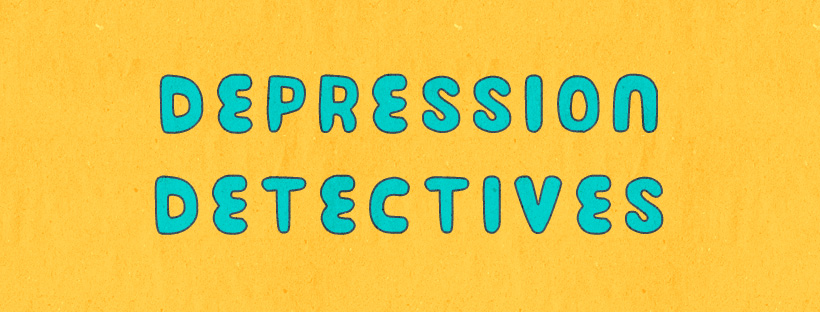
This summer, around 70 people with lived experiences of depression joined researchers for a citizen science project over Facebook. Together they co-created a research question:
““Do people report all episodes of depression to their GP? And if not, why not?”.
[Read more about how they did that over on this blog post]
The group then discussed how best to approach this question and decided to divide the research into two areas:
- A data science project, carried out by PhD student, Melissa Lewins.
- A set of Focus group questions and an anonymous survey that would both be answered by members of the Facebook Group
Part 1: The data science project used UK Biobank; a research database that collects genetic and healthcare information from volunteers across the UK. Based on their answers to a Mental Health Questionnaire, Melissa identified 1,342 volunteers who were currently depressed and who had allowed researchers full access to their GP records. Will the same depression diagnosis show up in their GP records?
Part 2: Questions for the survey and focus group were developed by discussion in the project’s Facebook group. The focus groups had 10 participants across 4 separate discussion threads on Facebook. The survey was made available to all members of the Facebook group and collected 26 anonymous responses.
Our first look at the data from each of these sources backs up our suspicion that people don’t go to their GP every time they feel depressed,
Why not read our full results or view our infographics.
[This blog post was written by Sam Maccallum while on placement from the MSc in Science Communication and Public Engagement at The University of Edinburgh]





